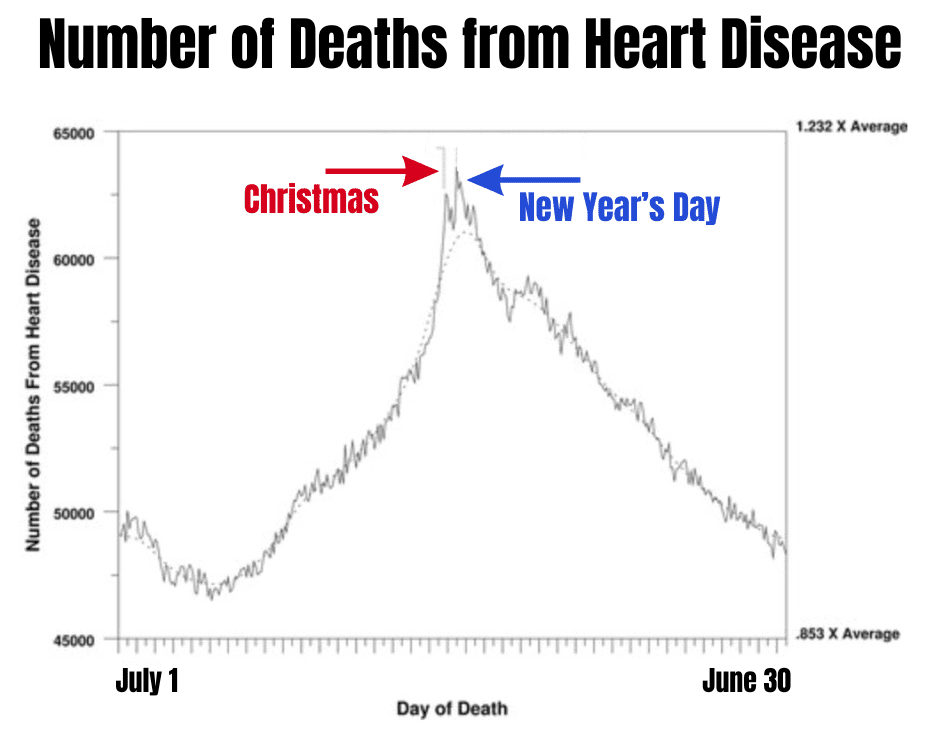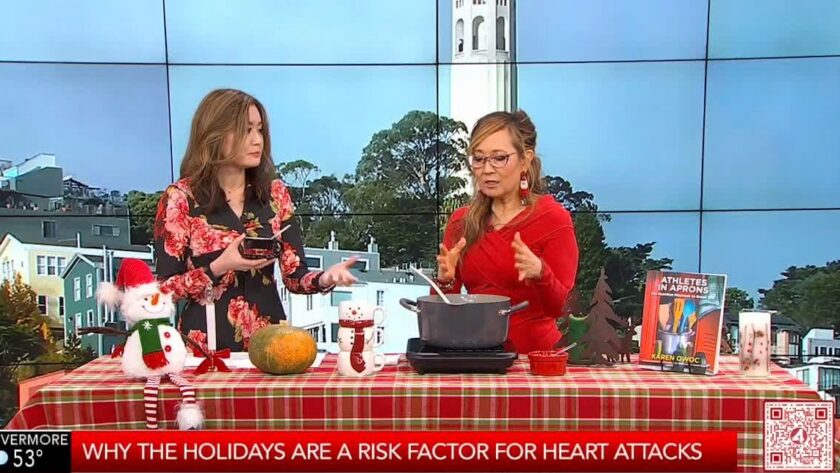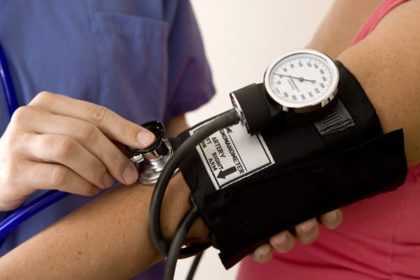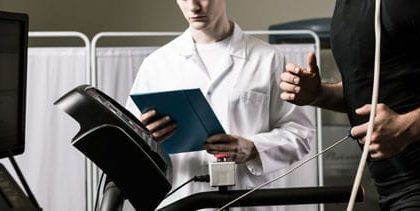Research shows Americans have one-third more fatal heart attacks during the holiday season than any other time of the year. This is known as the “Merry Christmas Coronary” and the “Happy New Year Heart Attack”.
Days When Cardiac Deaths Are the Highest
- Highest: December 25 (Christmas Day)
- 2nd Highest: December 26 (day after Christmas)
- 3rd Highest: January 1 (New Year’s Day)
Cardiac Deaths for Each Day of the Year*

*Circulation, Vol. 110, No. 25, Cardiac Mortality Is Higher Around Christmas and New Year’s Than at Any Other Time
Why the Death Rate Is So High During the Holidays
The death rate soars every year during the Christmas and New Year holiday season because Americans abruptly change their patterns of behavior at this time of year. The following changes place the body under stress (making the heart work harder):
- Eating more
- Drinking more
- Sleeping less
- Missing medications
- Exercising less
- Stressing more
- Working hard
- Vacationing
- Traveling
NOTE: If you’ve had a previous heart attack or have a heart condition (e.g., high blood pressure or irregular heart rhythms), your heart attack risk is higher than those who do not have a cardiac history.
Tips to Prevent Holiday Heart Attacks
1. DO reduce emotional stress. People with high cortisol levels (the stress hormone) are five times more likely to die of a heart attack, stroke or other cardiovascular causes.
2. DON’T overeat, over-salt, and over-drink.
- A heavy meal can trigger a heart attack within 26 hours. Heart attack risk jumps four times in the two hours after a large meal, known as the “two-hour hazard period”.
- Too much salt. High sodium intake can also have an immediate effect, causing fluid retention that makes the heart have to pump harder.
- Binge drinking can lead to atrial fibrillation, an abnormal heart rhythm that increases the risk of stroke, heart attack, and heart failure.
3. DO make soup. Soup is a concentrated form of antioxidants and anti-inflammatory foods (e.g., vegetables, fruits, beans, and intact grains).
4. DO get a flu shot. Heart attacks are six times more likely to occur 7 days after a flu diagnosis. Risk increases slightly if you’re over 65.
- Flu can cause inflammation of the heart, brain, muscle tissues, and vital organs, which can ultimately result in multiple organ failure. Inflammation can cause the plaque inside blood vessels to crack, rupture, and dislodge, which results in a blockage within an artery.
5. DON’T get too close to the fireplace. Smoke from the fireplace is carcinogenic like the smoke a cigarette. Studies have found the fine particles from the smoke can go deep into the lungs and increase the risk for heart attack and stroke.
6. DO listen to your body. Get prompt medical care. DON’T WAIT!
- Heart attack symptoms can mimic symptoms that occur after eating too much, e.g., indigestion, shortness of breath, chest discomfort.
- A clot gets bigger and more life-threatening BY THE MINUTE! People often ignore heart attack signs and symptoms during the holidays, and dismiss them as indigestion, the flu, or just stress from having so much to get done. They are reluctant to disrupt the festivities and will delay lifesaving treatment.
- If you travel, have a plan as to where you could get immediate medical care.
![]()
 Karen’s Fit Tip: Don’t make any drastic changes to your habits during the holidays.
Karen’s Fit Tip: Don’t make any drastic changes to your habits during the holidays.
Listen to when your body is trying to tell you something is wrong and don’t hesitate to call your doctor or 911.





